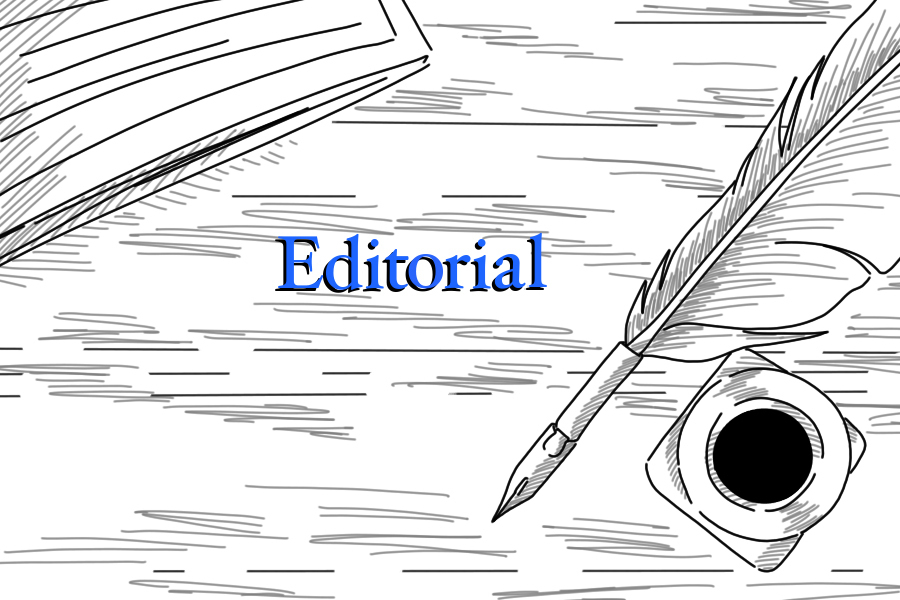Social media has become more of a bane these days. While on one end we have a flurry of cases involving young people tragically ending their lives, there are those who have no qualms clicking and sharing videos of the former’s final moments. Forget about attempting to save the person’s life, it is almost as if these social media addicts get some strange pleasure as they share these insensitive picture and videos which garner thousands of views and shares. Amid this din, humanity as a concept is lost. Respect for one’s life and privacy seem to a long-forgotten chapter in this age of a parallel, digital world. Nowadays, it seems whatever most people do in their lives, their first thought is to project the same on social media. There seems to be a persistent effort on part of the majority to show themselves as the trend setters, even if that is at the cost of someone’s privacy, general ethics, and basic human values. Imagine a person jumping into a gushing waterfall with scores of people around him, not one trying to stop him from taking the plunge. Yet videos after videos are being shared on social media documenting the final moments of this youth who ended his life a few days ago in south Kashmir’s Kulgam. Why was it important to click the video and not to save him? Is social media sensation more important than a human life? These social media frenzies don’t know that they have fallen into a physical and psychological addiction. According to a new study by Harvard University, self-disclosure on social networking sites lights up the same part of the brain that also ignites when taking an addictive substance. The reward area in the brain and its chemical messenger pathways affect decisions and sensations. When someone experiences something rewarding, or uses an addictive substance, neurons in the principal dopamine-producing areas in the brain are activated, causing dopamine levels to rise. Therefore, the brain receives a “reward” and associates the drug or activity with positive reinforcement. Another perpetuating factor of social media addiction is the fact that the reward centers of the brain are most active when people are talking about themselves. In real life, it’s estimated that people talk about themselves around 30 to 40% of the time; however, social media is all about showing off one’s life and accomplishments, so people talk about themselves a staggering 80% of the time. When a person posts a picture and gets positive social feedback, it stimulates the brain to release dopamine, which again rewards that behavior and perpetuates the social media habit. Social media use becomes problematic when someone views social networking sites as an important coping mechanism to relieve stress, loneliness, or depression. For these people, social media use provides continuous rewards that they’re not receiving in real life, and end up engaging in the activity more and more. This continuous use eventually leads to multiple interpersonal problems, such as ignoring real life relationships, work or school responsibilities, and physical health, which may then exacerbate an individual’s undesirable moods. This then causes people to engage in the social networking behavior even more as a way of relieving dysphoric mood states. Consequently, when social network users repeat this cyclical pattern of relieving undesirable moods with social media use, the level of psychological dependency on social media increases.
Discover more from The Kashmir Monitor
Subscribe to get the latest posts to your email.




